Back
SHIV DIXIT
CHAIRMAN - BITEX IND... • 1y
📖 DAILY BOOK SUMMARIES 📖 🔗 DIRECT FREE E-BOOK DOWNLOAD LINK AVAILABLE — https://drive.google.com/file/d/10BkNgy16J1uzV9y6aFKZK6h2WGIjDr11/view?usp=drivesdk 🔥 The Lean Ceo 🔥 🚀 15 Lessons from 👉 ✨ Jacob Stoller ✨ 1. What is Lean Management: • Lean management focuses on maximizing value while minimizing waste, enhancing efficiency, and improving quality across processes. 2. Importance of Leadership in Lean: • Effective lean transformation requires commitment from top leadership to implement cultural and operational changes. 3. Customer-Centric Approach: • Lean emphasizes understanding and delivering what customers truly value, aligning every process to meet these needs. 4. Empowering Employees: • Lean CEOs encourage employee involvement, fostering a culture where frontline workers contribute to improvements and innovations. 5. Continuous Improvement (Kaizen): • Lean leaders promote a culture of Kaizen, or continuous improvement, where small, consistent changes drive long-term transformation. 6. Removing Waste (Muda): • Identifying and eliminating waste (Muda) in processes—such as excess production, waiting time, and defects—is central to lean. 7. Problem-Solving Culture: • Lean companies focus on root cause analysis and problem-solving to prevent recurring issues, enhancing overall efficiency. 8. Lean Tools and Techniques: • Uses techniques like 5S (organization and cleanliness), value stream mapping, and just-in-time (JIT) production to improve workflow. 9. Sustaining Lean Transformation: • Successful lean implementation requires ongoing support, training, and adaptability to maintain and evolve practices over time. 10. Case Studies of Lean Success: • The book includes examples from companies like Toyota and Danaher, showing how lean practices drive global competitiveness. 11. Long-Term Vision: • Lean CEOs develop a long-term vision rather than short-term gains, aiming for sustained excellence and continuous evolution. 12. Employee Wellbeing: • A lean culture values employee well-being and morale, fostering a respectful workplace that encourages growth and innovation. 13. Adaptability in Crisis: • Lean leaders view challenges as opportunities to reinforce lean principles, adapting and refining processes during downturns or disruptions. 14. Respect for People: • Lean leaders emphasize respect for all team members, creating an environment where everyone feels valued and motivated to contribute. 15. Value Stream Focus: • Lean CEOs analyze the entire value stream (from supplier to customer) to optimize end-to-end efficiency rather than isolated parts. 16. Learning Organization: Lean management encourages a culture of learning, where the organization continuously adapts and improves through experimentation.
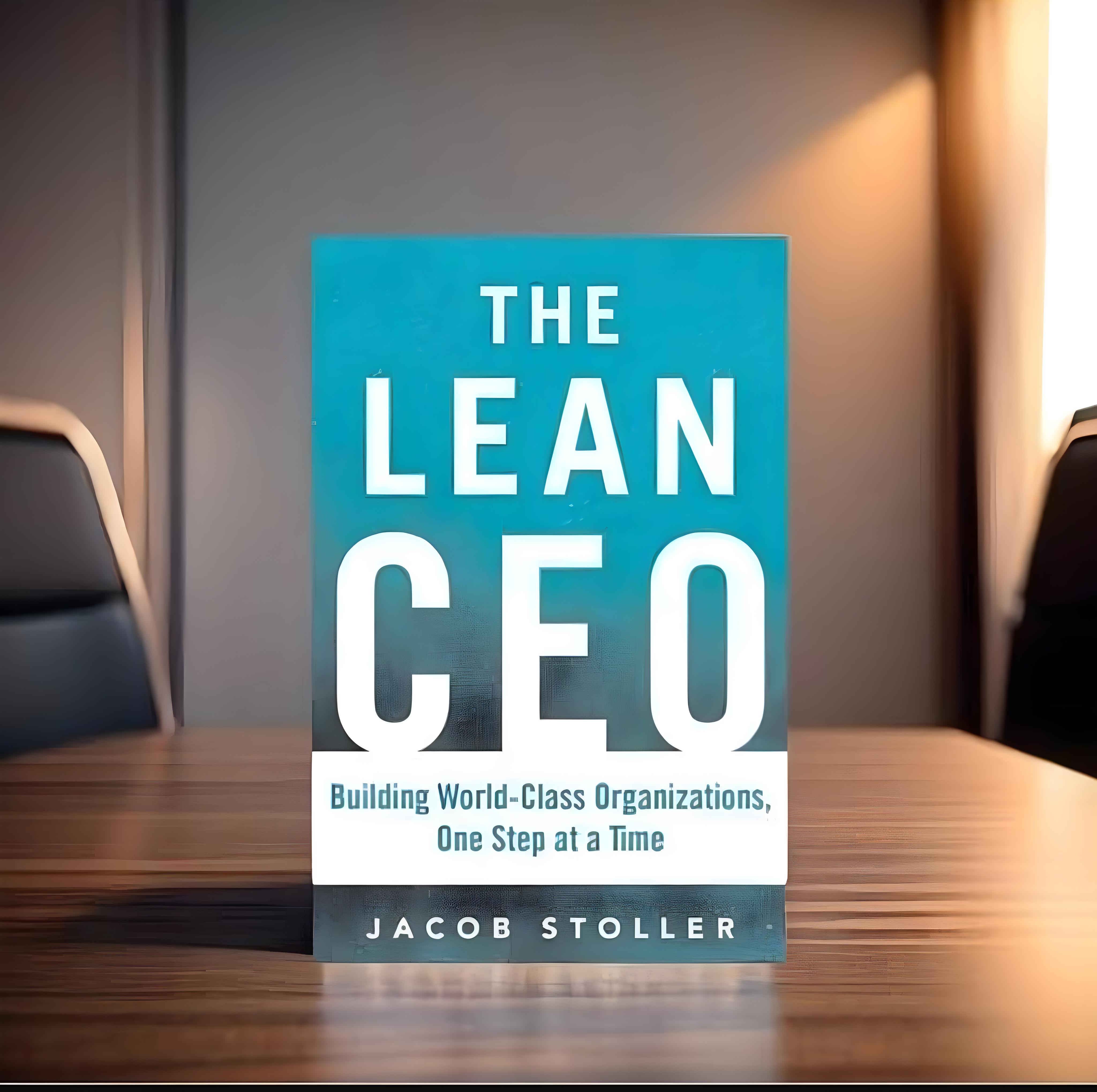
More like this
Recommendations from Medial
Abhijit Biswas
Hey I am on Medial • 1y
Anyone interested join my team and work with me. A make eSports Organization. My company first fund arrange a games company like Garena, Krafton & other and hosting a eSports live stream and other. but deferent by other eSports hosting organization.
See More
Download the medial app to read full posts, comements and news.



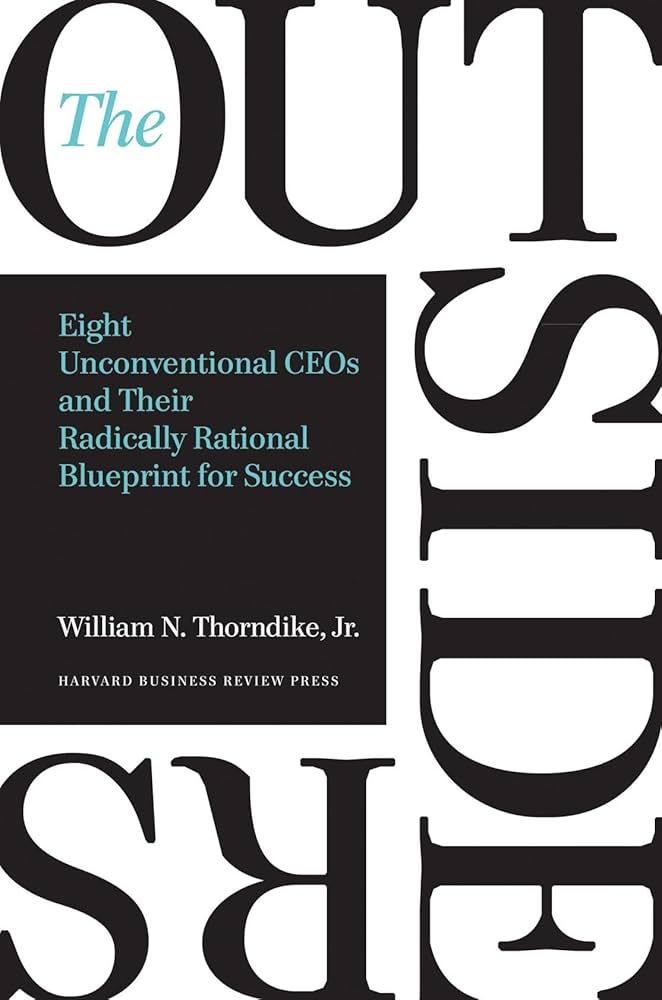



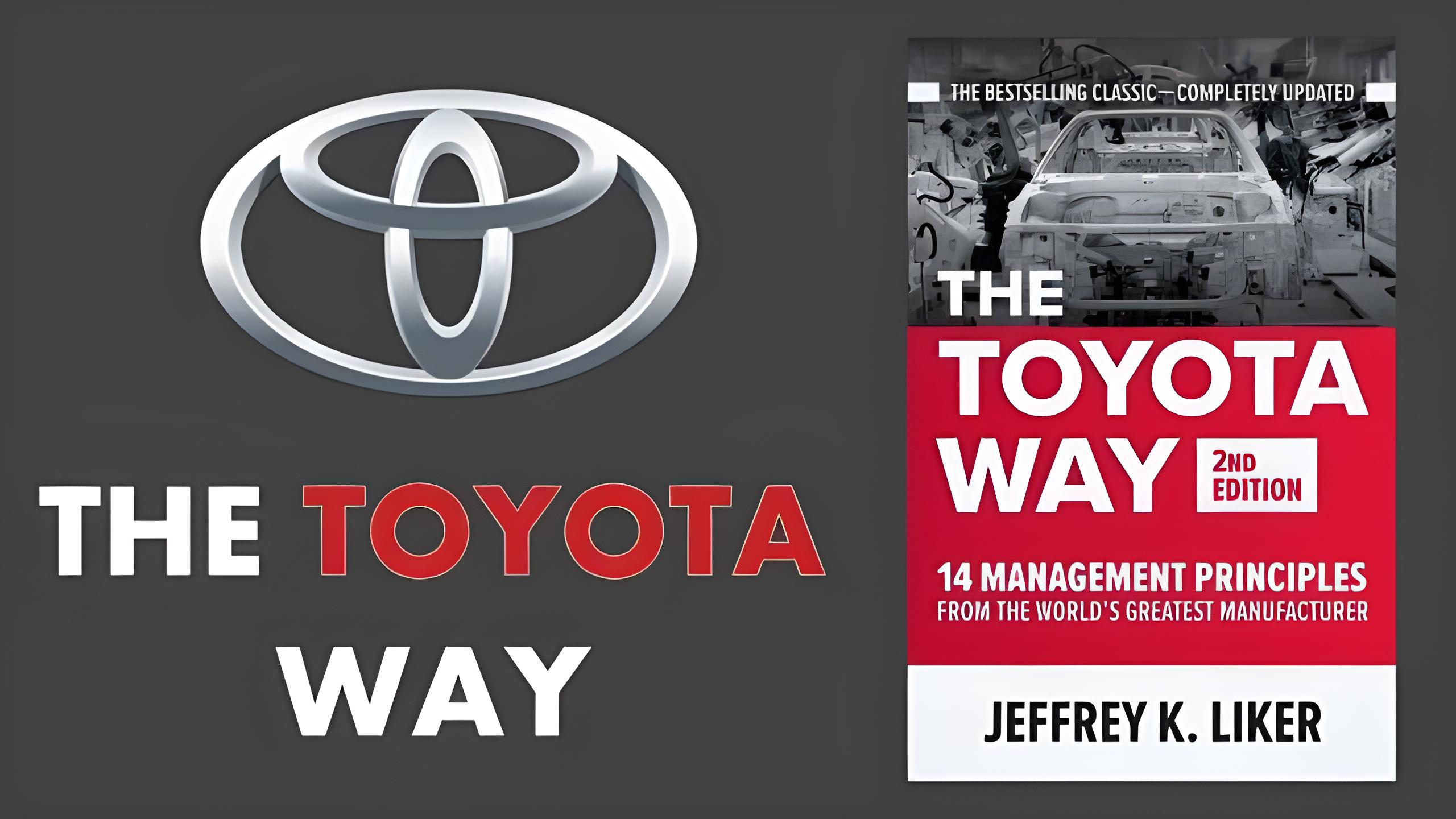

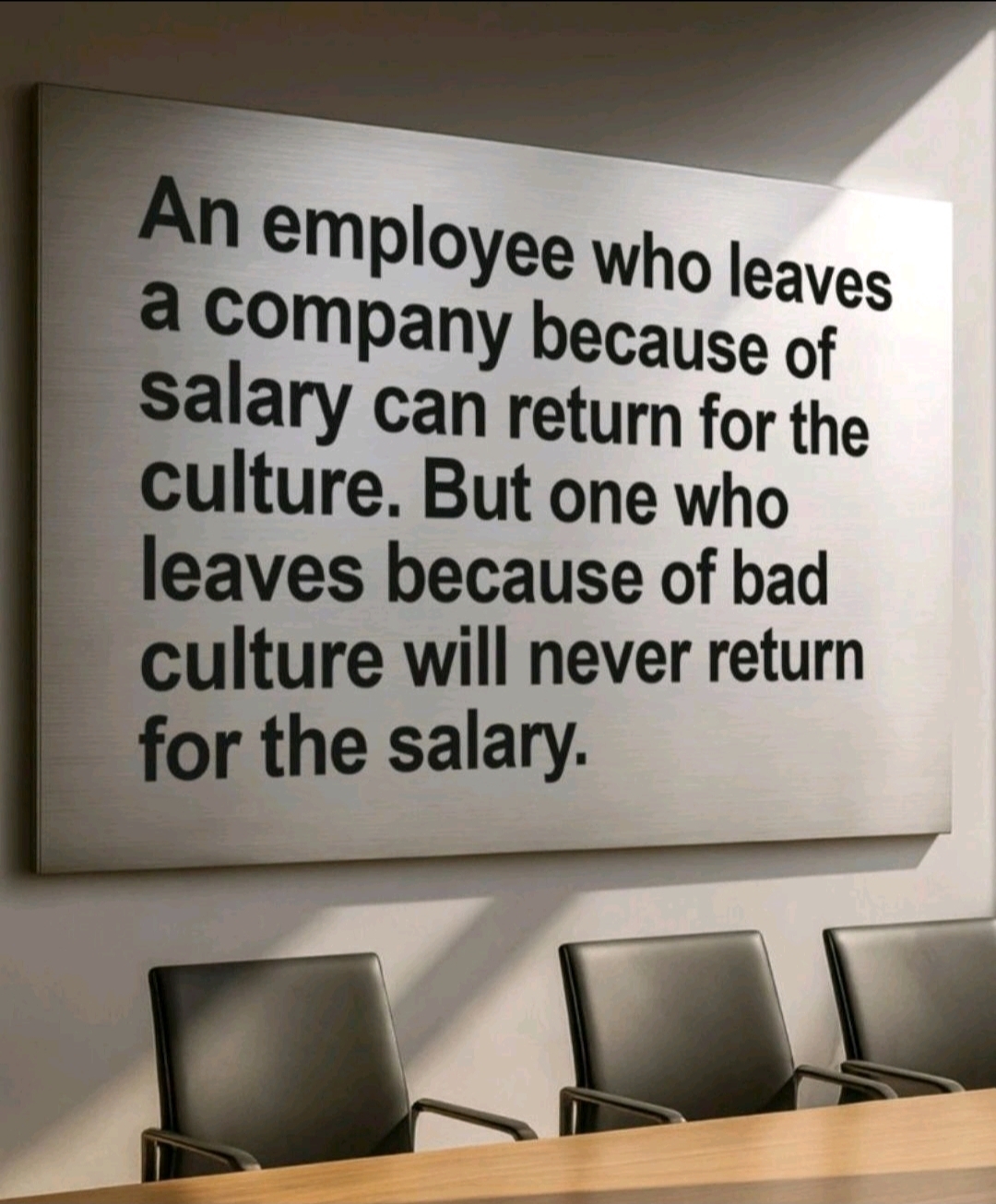






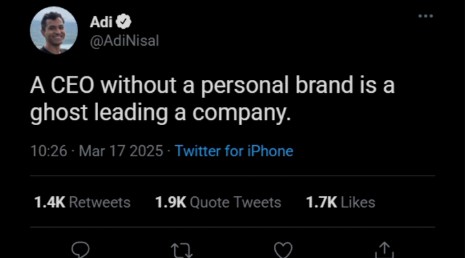






/entrackr/media/post_attachments/wp-content/uploads/2021/08/Accel-1.jpg)

















